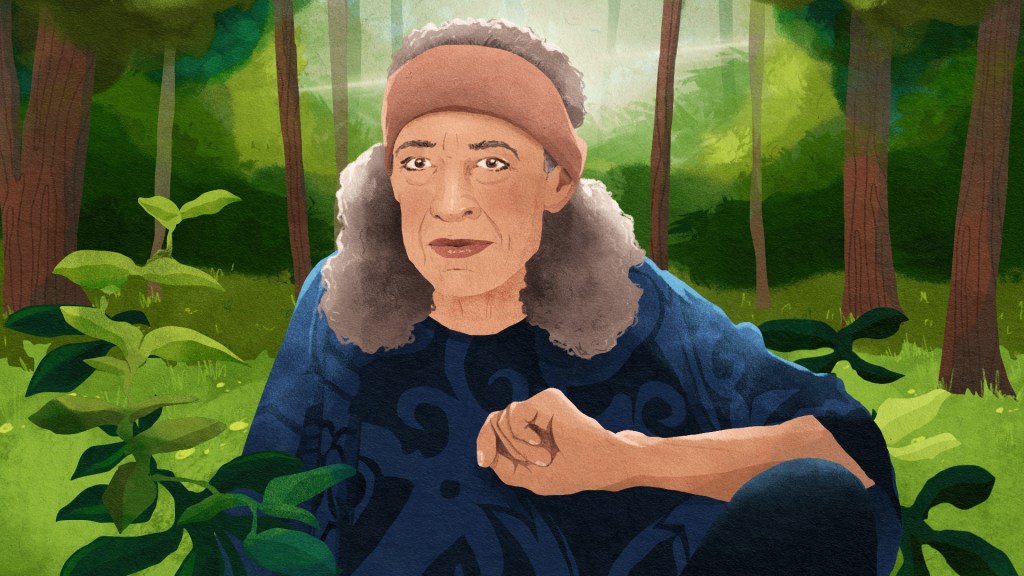This article originally appeared on VICE Germany.
Over the last decade, people around the world have been encouraged to start eating their problems, by which I mean: environment-threatening invasive species.
Videos by VICE
Organisations like Eat The Invaders provide guides and recipes for everything from wild boar and snails to troublesome garden weeds. Even the New York Times ran a story asking the question: Is dining on nature’s predators an act of environmentalism?
Wild boars aren’t really a problem in the UK, but across mainland Europe and the United States they are seen as an invasive species, ripping up crops, damaging trees and ruining ecosystems. In places like Berlin, Barcelona and Milan, gangs of boars are known to invade city centres at night, raiding bins, attacking tourists and causing road accidents.
Obviously, this is a man-made problem. First, we successfully exterminated every predator of the wild boar, such as wolves and bears. Then our litter in cities, towns and beaches became a key source of food for them. This led to an exponential growth in wild boar populations, which made them susceptible to fast-spreading disease. Right now, African Swine Fever (which is harmless to humans) is ripping through Germany’s wild boar population, and farmers worry it could spread to pigs. Hunters are having to cull nearly 500,000 of the country’s wild boar per year.
If you can get some wild boar on the menu this Christmas instead of farmed meat, then the brownie points are numerous. According to the UN, global livestock – the animals farmed for our meat and dairy – is responsible for 14.5 percent of all greenhouse gas emissions. On top of that, huge swathes of rainforest are cleared every year in order to farm soybeans to feed farmed animals. Contrary to popular belief, it’s not vegan soy sausages that are destroying the rainforest, but feed for farmed animals.
Wild boar are just that: wild – so consuming them contributes nothing to the climate-polluting meat industry or the farming of soybeans for animal feed. Their wildness also means they are free from agricultural antibiotics, a handy perk when you consider the concern that consumption of such meats is leading to human resistance to antibiotic medicines.
In Britain, buying wild boar meat requires visiting specialist butchers. But in cities like Berlin, it’s much easier: shot wild boars are sold all over the city. And it’s cheap, because so few people are eating it – you can get a kilo for €8 (nearly half the price of beef).
The problem is, as a culinary meat, wild boar has a bad reputation. Conventional wisdom has traditionally written it off as complicated to cook and strange tasting, so it’s always been a last resort. But even that is now slowly changing.
Chefs like Berlin’s Sebastian Ahrens are reinventing the views of such delicacies for the 21st century. He owns Hirsch & Eber, a contemporary burger restaurant in north Berlin that specialises in game meat. On his website, he celebrates wild boar and many other game meats as sustainable, fair and local options for meat eaters, and gets through several tons of it per year.
So, how does Ahrens recommend cooking your first wild boar? “I treat it just like any other meat,” he says. “A fillet is always a fillet, and you can also make burgers from minced wild boar. It is important to not be afraid of it.”






